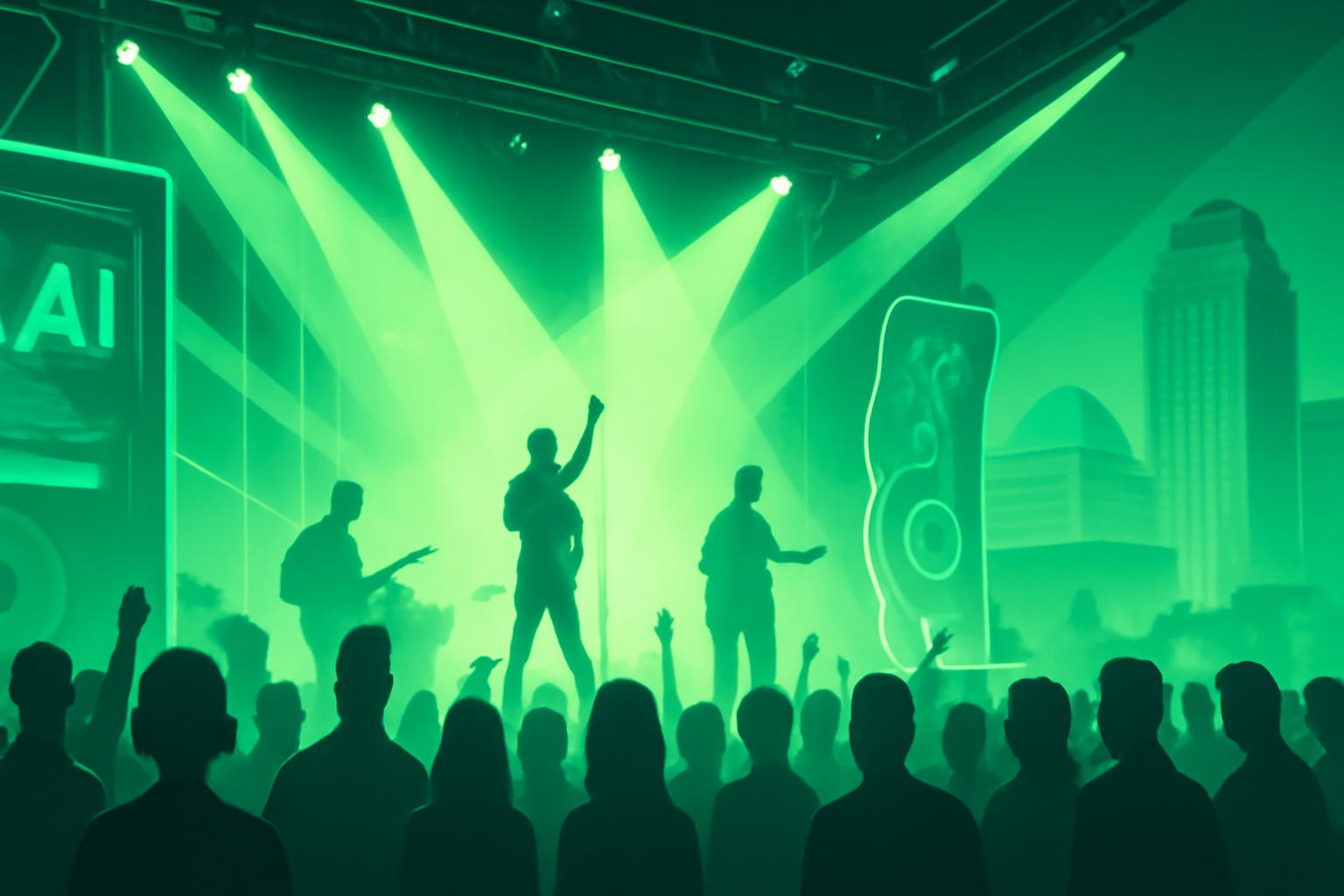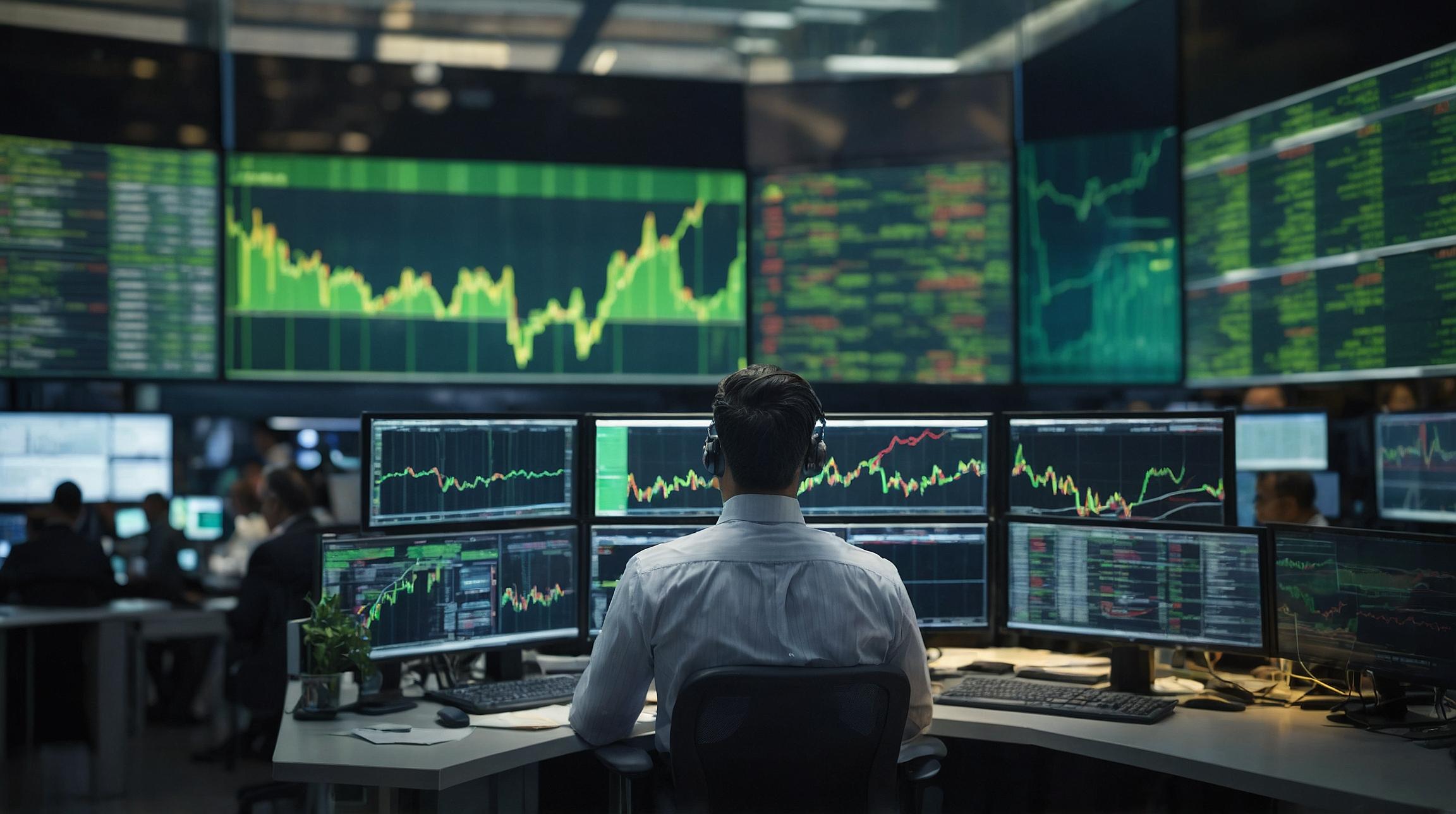Live Nation CEO Highlights Soaring Demand for Concerts Amid Changing Industry Dynamics
Live Nation CEO Michael Rapino and Smith Entertainment Group CEO Ryan Smith emphasized the pivotal role of live events in contemporary culture and commerce during CNBC Sport and Boardroom’s Game Plan conference on Tuesday. Both executives highlighted the unmistakable surge in demand for in-person experiences following the pandemic.
“No matter what you bring to that table that day, you unite around that one shared experience,” Rapino said, describing the powerful communal nature of live events. This sentiment aligns with broader industry forecasts; Goldman Sachs projects the live music market to expand at a compound annual growth rate of 7.2% through 2030, largely propelled by millennials and Generation Z audiences.
Shift in Music Revenue and Ticket Pricing
Rapino outlined the evolving economics of the music industry, noting that live performances have become the primary revenue source for artists, overshadowing streaming income. “The artist is going to make 98% of their money from the show,” he stated, referencing Beyoncé’s recent tour as an example of large-scale live productions.
Despite widespread reports of rising ticket prices, Rapino argued that concert tickets remain relatively affordable compared to major sporting events. He noted that the average concert ticket price stands at approximately $72, contrasting this with premium sports experiences such as courtside seats at Knicks games, which can cost upwards of $70,000.
Data from the Bureau of Labor Statistics supports nuanced trends in entertainment pricing: costs for movies, theaters, and concerts increased 3.4% year-over-year in August, outpacing the overall consumer price index rise of 2.9%. Conversely, admission prices for sporting events declined by 0.5% over the same period.
Salt Lake City: A Growing Hub for Sports and Entertainment
Looking forward, Rapino and Smith are investing in Salt Lake City as a strategic growth market. The two are collaborating on a new downtown entertainment district anchored by sports and music venues, aiming to host between 100 and 200 events annually, including NBA and NHL games alongside major concerts.
Smith, who acquired the NBA’s Utah Jazz in 2020 and launched a new NHL franchise in 2024, emphasized the broader economic impact: “If we do our job, that’s probably a million people coming downtown. The impact it has on a city and businesses is almost indescribable.”
Innovation in Ticketing Through Technology
Rapino also pointed to technological advancements as key to improving the live event experience. He highlighted the potential of AI-driven ticketing systems to simplify and enhance the process of finding and purchasing tickets. “Most websites are going to be challenged in the future, as you’re going to use that chatbot,” Rapino said, underscoring the need for innovation in ticket sales platforms.
FinOracleAI — Market View
The statements from Live Nation and Smith Entertainment Group leadership underscore robust demand for live events, signaling growth opportunities in the live entertainment sector. The emphasis on Salt Lake City as a new entertainment hub indicates potential regional market expansion. However, rising ticket costs and evolving consumer preferences pose risks to sustained growth. Investors should monitor ticket pricing trends, technological adoption in ticketing, and regional development progress for future market impact.
Impact: positive













